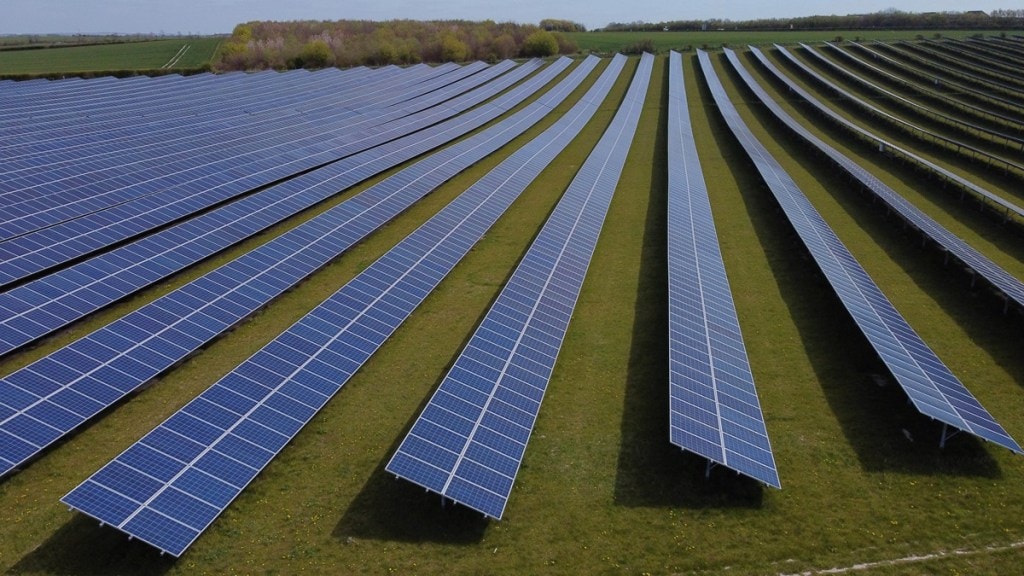By Tanmoy Duari
The government has been making significant strides towards promoting renewable energy. Finance Minister Nirmala Sitharaman’s upcoming Union Budget 2024 presents a pivotal opportunity to further boost the solar energy sector. Here’s what we believe could make a substantial impact:
Tax and Duty Reforms
One of the major expectations from the Union Budget 2024 is the rationalisation of the Goods and Services Tax (GST) on solar equipment. Reducing the GST on solar panels and components from 13.8% to 5% would make solar investments more attractive and affordable. This change could significantly lower the cost of solar projects, encouraging more widespread adoption across the country.
Increased Budget Allocation
The recent increase in budget estimates for grid-based solar power from Rs 4,757 crore to Rs 10,000 crore is a positive step. However, continuing this trend with more financial support can help accelerate the installation of solar power systems, particularly in the rooftop segment. Enhanced funding can drive substantial growth and help achieve national renewable energy targets.
Support for Domestic Manufacturing
To reduce dependency on imports and boost domestic production, it is crucial to extend incentives and subsidies to local manufacturers. Measures such as the reduction or removal of Basic Customs Duty (BCD) on imported solar cells and modules, and providing capital support for domestic manufacturing units, would be instrumental. This can enhance the competitiveness of Indian solar products in the global market.
Also read: Budget 2024 Highlights: Nirmala Sitharaman to table Budget on July 23
Innovative Financing Models
The introduction of innovative financing models is essential to ease the financial burden on solar developers and consumers. Subsidised interest rates, better access to working capital, and viability gap funding for offshore and large-scale solar projects can catalyze the growth of the sector. These financial incentives will enable more stakeholders to participate actively in the renewable energy transition.
Promotion of Rooftop Solar
The Pradhan Mantri Suryodaya Yojana, which aims to provide 300 units of free electricity to 10 million households through rooftop solar installations, is a commendable initiative. Further expanding and promoting such schemes can empower more households to adopt solar energy, leading to significant savings and contributing to India’s sustainability goals.
Also read: How can India accelerate the adoption of green hydrogen?
These measures will not only enhance the growth of the solar sector but also contribute significantly to achieving India’s net-zero emissions target by 2070.
(The author is CEO, AXITEC Energy India Pvt. Ltd. Views expressed are the author’s own and not necessarily those of financialexpress.com.)

